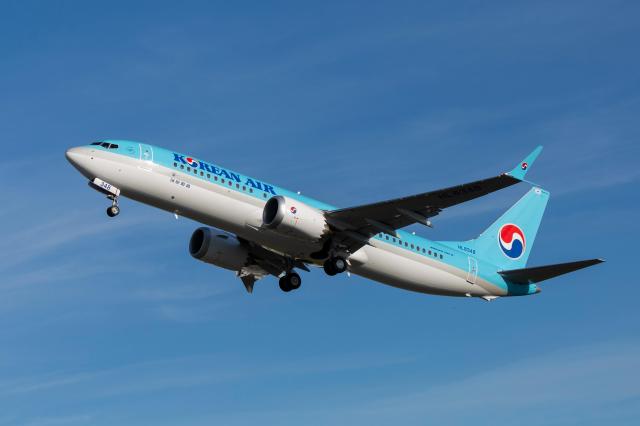
SEOUL, June 5 (AJP) - As Hanjin Group prepares to mark its 70th anniversary this November, South Korea’s largest transportation conglomerate is plotting a course for global expansion.
The centerpiece of the group’s transformation is Korean Air, which solidified its standing as a global aviation player in December 2024 by finalizing its 1.8 trillion won (approximately $1.31 billion) acquisition of longtime rival Asiana Airlines.
The merger — four years in the making and mired in regulatory scrutiny — granted Korean Air a 63.88 percent stake in Asiana, propelling the combined carrier into the ranks of the world’s 10 largest airlines by capacity.
At the helm is Chairman and Chief Executive Cho Won-tae, also known as Walter Cho, grandson of Hanjin’s founder. Under his stewardship, the merged airline has pledged full integration within two years, with no workforce reductions — a move aimed at assuaging labor concerns in a nation sensitive to corporate restructuring.
But Cho’s ambitions stretch far beyond Korean airspace. In May, Korean Air announced a strategic 10 percent stake in WestJet, Canada’s second-largest airline, underscoring a push to strengthen its transpacific network.
“We are pleased to invest in WestJet as part of our continued commitment to enhancing transpacific connectivity,” Cho said in a statement. The investment, he added, is intended to increase customer choice and reinforce the airline’s international footprint.
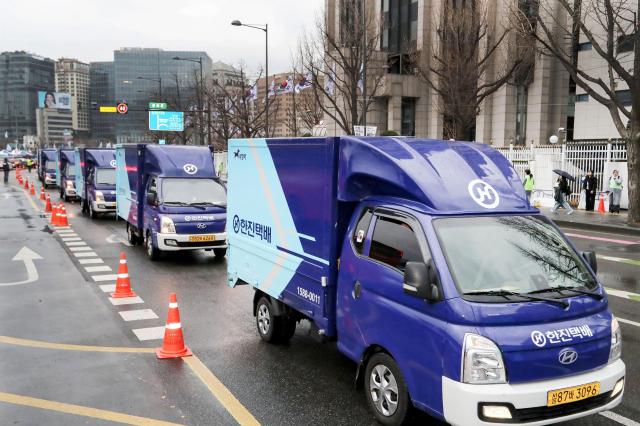
These initiatives mark a striking evolution for a company that began in 1945 with a single truck at Incheon Port.
Founded by Cho Choong-hoon, Walter’s grandfather, Hanjin grew rapidly through contracts with the U.S. military following the Korean War, and took to the skies in the 1960s with the acquisition of state-owned Korea Airlines, rebranded as Korean Air.
In the decades since, the conglomerate has diversified its operations, launching shipping services, parcel delivery, and even educational institutions, including Inha University and Hankuk Aviation University.
Korean Air posted record first-quarter revenue of 3.96 trillion won this year, up 3 percent from the previous year. But rising depreciation and maintenance costs — fueled by deliveries of Boeing 787-9 and 787-10 aircraft — cut into profitability. Operating profit fell 19 percent to 351 billion won, while net income declined 44 percent to 193 billion won.
Passenger revenue increased modestly by 4 percent to 2.44 trillion won, and cargo revenue rose 6 percent to 1.05 trillion won, driven by strong demand in e-commerce, electronics, and auto parts.
Meanwhile, Hanjin Logistics, the group’s delivery and freight arm, posted first-quarter revenue of 728 billion won, a 2.2 percent year-on-year increase, with operating profit up 12 percent to 26.2 billion won.
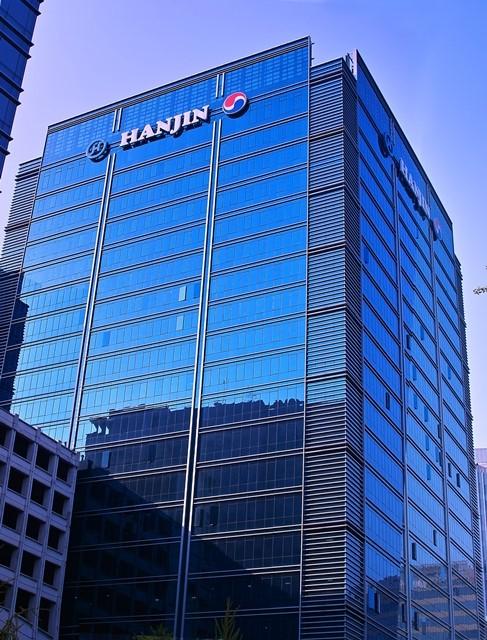
Despite operational growth, the group remains dogged by governance issues.
Since the death of his father, Cho Yang-ho, in 2019, Walter Cho has consolidated leadership, notably steering the Asiana merger to completion with support from the state-run Korea Development Bank. Yet his control may soon be tested.
Hoban Group, a domestic construction and investment firm, has quietly increased its stake in Hanjin KAL, the group’s holding company. Though it trails Cho’s faction by a narrow 1.5 percentage point margin in shareholding, its growing influence has raised eyebrows.
Hoban previously made an unsuccessful bid to acquire Asiana Airlines and would need to commit an estimated 2.6 trillion won to gain a controlling stake.
For now, Hoban insists its interest is “purely financial,” denying any intention to pursue a management takeover. Nonetheless, its maneuvering introduces a layer of uncertainty just as Hanjin seeks to redefine itself on the global stage.
As the conglomerate approaches its milestone anniversary, it faces a pivotal question: Can it maintain momentum in international markets while navigating increasingly turbulent corporate waters at home?
For Hanjin — and for Walter Cho — the answer may define the next chapter in South Korea’s aviation legacy.
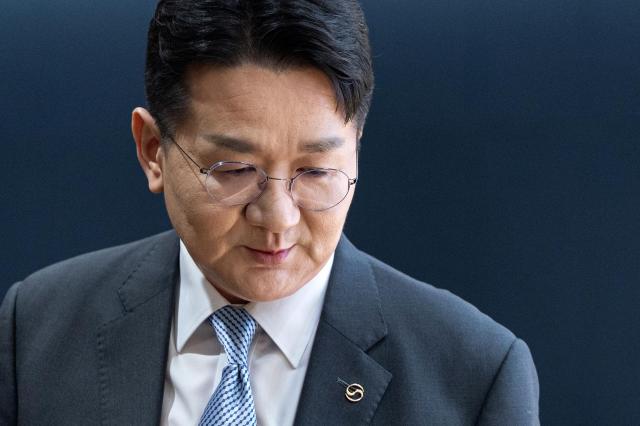
Copyright ⓒ Aju Press All rights reserved.



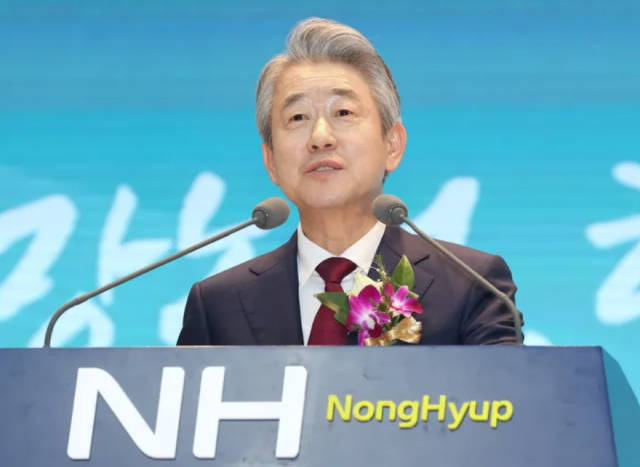
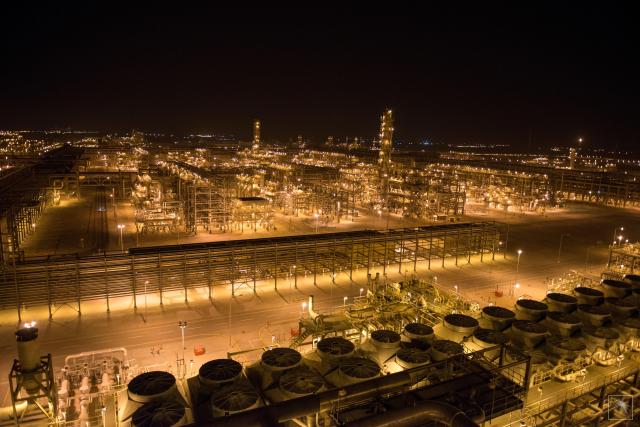
View more comments